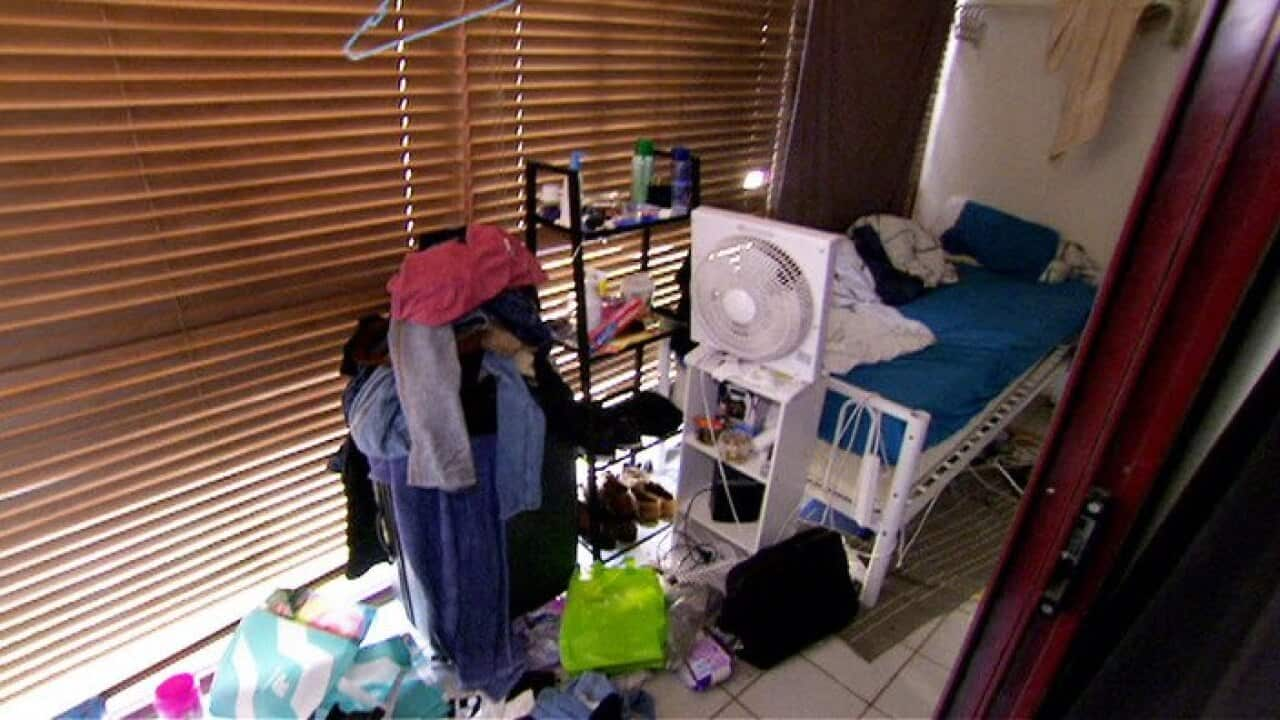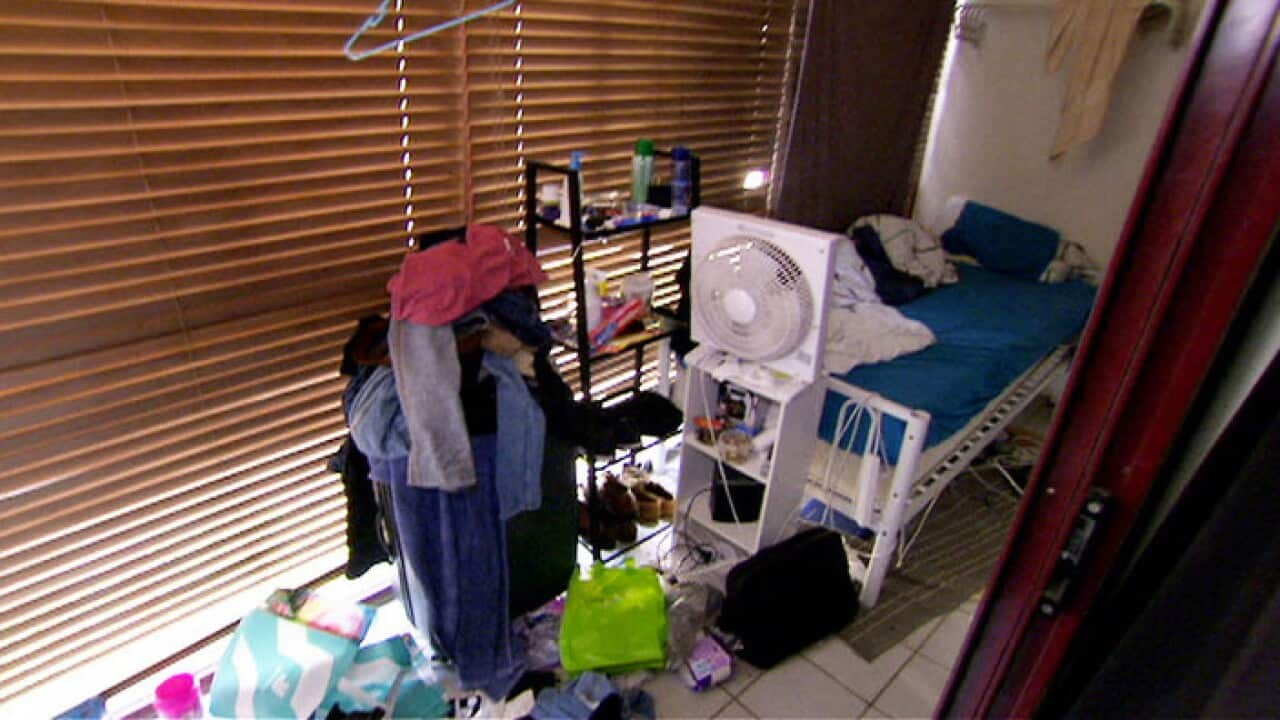“Flipping burgers was not my idea of a life in a lucky country,” said Akash*, a business student from Melbourne who claimed he has tried every trick in the book to find a job in his field.
“I respect what I’m doing, it pays the bills, but this is not what I aspire to do or came here for,” the 22-year-old student told SBS Punjabi.
“I have tried every way, hired the services of a recruitment agency, applied online, and sought help from friends and relatives…but everywhere I went they asked for experience.”
“But if you won’t give me a job, where will I get the experience from?”

Çalıştığınız işyeri bir anda kapanırsa, vizesiz kalma riskiyle karşı karşıya kalabilirsiniz. Source: iStockphoto
Job hopefuls say they have the required qualifications, but get rejected time and again, because they don’t have any local experience, or because they only hold a temporary visa.
Akash* is not his real name.
So how do some international students crack it?
Jobandeep Kaur who works as a part-time database manager for a private firm in Melbourne said she takes an offence when her peers tell her she has “lucked-out” in this otherwise ‘tight’ job market.
“I have been able to break-in because I looked at the right places,” said Ms Kaur.
“I distributed my CV, attended in-house network summits organised by the university, unlike most Indian students who think it’s a waste of time and prefer to look for jobs online.”
‘Stupidest thing to do is to search for jobs online’
Echoing Ms Kaur’s sentiment is Gerard Holland, Chief Executive Officer of Outline.Life, an international student community focused on employment.
Mr Holland feels that looking for jobs via online portals is perhaps ‘the stupidest thing to do.’
“It is statistically impossible to look for a job that way,” said Mr Holland.
“Instead focus on building a network, venture out, and speak with your peers, friends and acquaintances outside your community. Attend seminars and meet-ups to build your network,” he added.

Website of online job search engine. Source: SBS
Mr Holland believes that the absolute way to get a direct entry into the job market is to pick a course that puts you in an internship.
“Getting an internship is the easiest way to break into the market. This way not only do students get exposure, but they also manage to get local experience even before they graduate,” said Mr Holland.
‘Get your foot in the door’
Sift Singh, a former IT student from Melbourne who managed to get a job within one month of arriving in Australia believes international students need to take the ‘get your foot into the door’ approach.

Sift Singh Source: Supplied by Danyal Syed
“The focus should be on getting that first job so you can accumulate enough Australian work experience that would help to secure a better job in the future,” he added.
‘Your priority should be your degree and not PR’
Vivek Gupta, an experienced career coach based in Sydney says too many foreign students, particularly from India, are making education choices based on their migration prospects.
“The Indian students mostly focus on which course would get them a PR (permanent residency) instead of what they actually want to study,” said Mr Gupta.

Middle aged man holding steering wheel. Source: AAP
“Evidence shows that a majority of Indian students tend to opt for labour-intensive jobs, such as driving, cleaning, tradie jobs, working at cafes, etc.
“There’s no harm in doing these jobs, but once the money starts flowing in, the students often get stuck in that circle and most of them never tend to get out of that comfort zone,” added Mr Gupta.
Where to begin your job search?
Most experts believe students should begin from home-which in this scenario is the education institutes and universities they are enrolled in- all of which have dedicated career and support services for international students.
Nitsa Athanassopoulos, Manager of the University of Sydney Careers Centre told SBS Punjabi that they hold a series of workshops for international students to help them understand “how to search for jobs; network with employers, compile effective job applications and develop their interview skills.”
“We also offer a 'Returning Home' workshop, which covers the expectations of employers back home and how graduates can best transition into employment back in their home country,” said Ms Athanassopoulos.

How hard it is to find a part-time job in Australia? Source: AP
How international students can find a job in Australia:
Here are a few tips collated by SBS Punjabi, based on expert advice and experiences shared by international students.
-Get local work experience-Join university clubs and societies; attend network seminars and meet-ups to build your professional network.
-Enrich your CV with local experience through paid/unpaid internships and volunteering to boost your confidence and to get a good understanding of Australia’s work culture.
-Improve your English and overall communication skills- Indulge in reading; mingle with people from different linguistic backgrounds and converse in English daily.
-Update your CV regularly to stay relevant in the job market. Apply for jobs extensively, and target a wide range of employers who might particularly benefit from your skill-set.
-Seek help from support services offered by universities, designed to provide career services to international students.
-Most importantly, know your workplace rights before you begin a job search. International students can work up to 40 hours per fortnight while they are studying, and can work full-time during semester breaks.
-Protect yourself from exploitation-An FWO spokesperson told SBS Punjabi that visa holders, including international students, are one of the most vulnerable worker groups and “may not seek help because of language and cultural barriers, concerns about visa status or limited awareness of their workplace rights.” Visit for more information.




